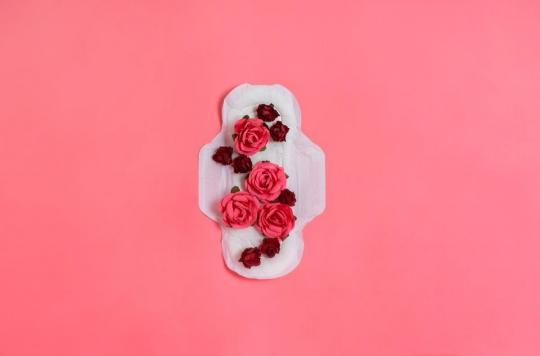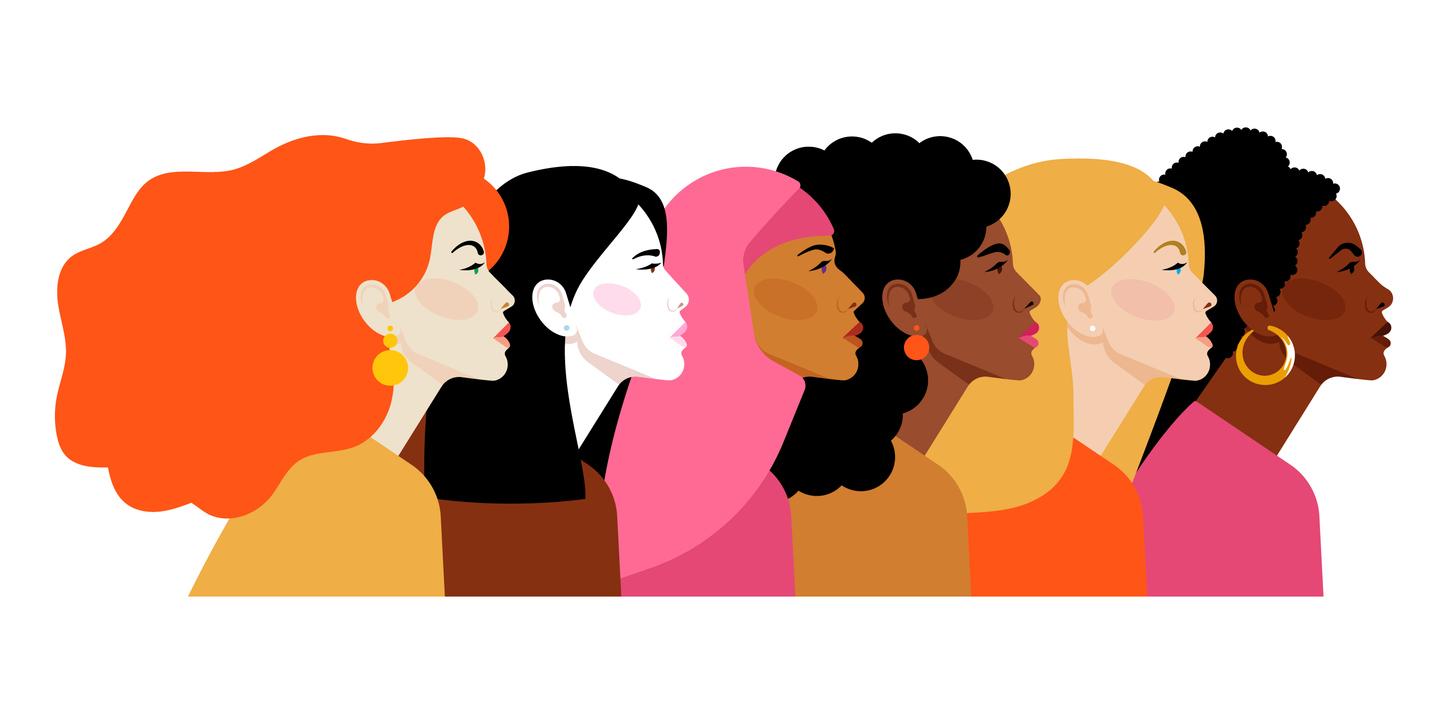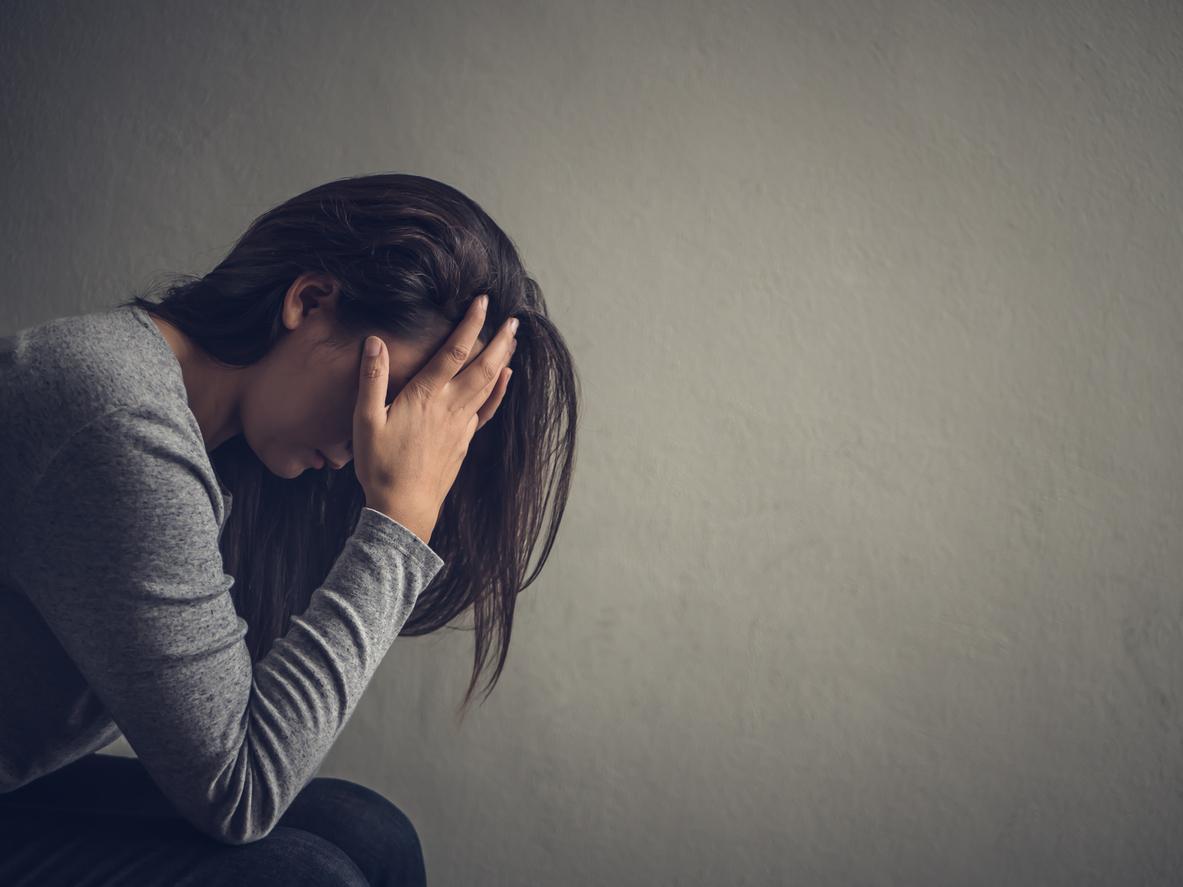Around the world, initiatives are multiplying to lift the taboo on menstruation. Sometimes to change men’s view of menstruation, but also that of women themselves. On the occasion of International Women’s Rights Day, we take stock of a natural phenomenon that is still too little known.

“I’m not crying because I’m on my period, I can’t believe a movie about menstruation just won an Oscar.” On February 24, at the Dolby Theater in Los Angeles, the directors of the documentary short film “The rules of our freedom” (“Period. End of sentence” in English) let their emotions burst. Rayka Zehtabchi and Melissa Berton went to a remote village in India where the taboo on the rules is still very solid. Girls and women, during their menstruation, cannot go to the temple or to school. They use scraps of fabric, for lack of protection. A group of women intend to change things, by making their own sanitary napkins. But that during the night, because menstruation is considered dirty and shameful.
In Nepal, women are isolated in huts
From here, this story may shock. However, in the world, the rules are still the object of a stubborn taboo and especially of a lack of knowledge. In Nepal, for example, menstruating women are considered “impure”, “untouchable”, and able to cast spells. They must therefore, during their menstruation, leave their homes in order to isolate oneself in a hut. An exile one week per month, and that for 35 or 45 years. Until they no longer have their period. This is a traditional Hindu rite, called “Chaupadi”. Declared illegal by the Supreme Court of Nepal in 2005, there are still too many in some countries.
Still, nothing supernatural in the rules. They are useful and healthy. During the menstrual cycle, which lasts about 28 days, an egg leaves the ovaries to go to one of the two fallopian tubes. If the egg is not fertilized, that is to say if it has not met a sperm, the wall of the uterus comes off with the egg and the excess blood tissue. What gives the rules (when the woman is not pregnant).
The precariousness of refugee women
There are situations in which menstruation becomes a real nightmare. This is the case for refugee women, who too often face a shortage of sanitary protection, or even clothing. The war in Syria has been going on for almost eight years, and it is the source of the largest number of refugees in the world after the Second World War. Some women, for lack of sanitary napkins, use old clothes. The problem is that the reuse of these pieces of tissue leads to the development of yeast infections, vaginal infections or even kidney problems. In the countries that host these refugee women, initiatives are flourishing to help them, such as the association Bloody Good Period in London or Basic rules in Paris.
In France, where are we?
Even if in so-called developed countries access to sanitary protection is easier, the rules are still not considered as genuinely normal. On social networks, like Instagram for example, photos that show menstruation are systematically censored. An American sex therapist, Demetra Nyx, wants to defend the liberation of the female body by regularly publishing photos of her, her face covered in her menstrual blood. Disgusting? Useless?
In France, teenagers are still ashamed of their period, especially at school. According to a poll recently published by the feminist newsletter The Glorious, 7 young women out of 10, aged 12 to 19, say they are not “sufficiently comfortable with the supervising and educational staff to ask for help in case of forgetfulness or lack of protection”. However, 90% of them have already found themselves in this situation. In Paris, the town hall of the 10th arrondissement wants to test free distributors of hygienic protection in six colleges, according to Les Glorieuses.

.
















